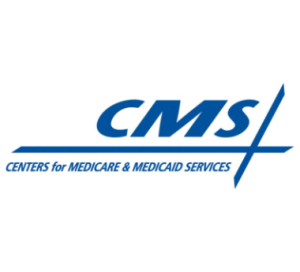by
Astrid Fiano, DOTmed News Writer | September 24, 2010
The Centers for Medicare and Medicaid Services has released a self-referral disclosure protocol for any potential or action violations of the physician self-referral law, known as the Stark Law.
The SRDP initiates the Affordable Care Act requirement that Health and Human Services establish a process for providers of services and suppliers to self-disclose actual or potential violations. Any designated health services provided in violation of the physician self-referral law are not allowed payment.
Under the SRDP, CMS will review the circumstances and determine an appropriate resolution. CMS may also coordinate with the Office of the Inspector General and Department of Justice if CMS determines that the matter disclosed should have a referral to law enforcement, including a recommendation for resolution of False Claims Act, civil monetary penalties, or other liabilities.
A condition of disclosure pursuant to the SRDP is that the disclosing party agrees to no appeal rights if the matter is resolved through a settlement agreement.
The disclosure must be made electronically, with a separate hard copy sent to CMS. The information in the disclosure should include:
--The national provider identification numbers, CMS Certification Numbers and tax identification numbers of the disclosing party;
--A description of the matter being disclosed, including the type of financial relationships; the parties involved; the specific time periods the disclosing party may have been out of compliance; and the type of designated health service claims at issue;
--The type of transaction or other conduct in the matter, the names of entities and individuals believed to be implicated and an explanation of their roles in the matter;
--A statement from the disclosing party explaining why the party believes a violation of the physician self-referral law may have occurred;
--The circumstances under which the disclosed matter was discovered and any measures taken upon discovery to address the issue, and a description of any pre-existing compliance program that the disclosing party had;
--A statement from the disclosing party on any history of similar conduct;
--A description of appropriate notices, if applicable, provided to other government agencies, and whether the disclosing party has knowledge that the matter is under any current inquiry by a government agency or contractor.
CMS may consider reducing the amounts owed based upon certain factors such as the nature and extent of the improper or illegal practice; the timeliness of the self-disclosure; and the cooperation in providing additional information related to the disclosure.
The SRDP is separate from the CMS physician self-referral advisory opinion process, and cannot be used to obtain a determination from CMS regarding an actual or potential violation of the physician self-referral law.
